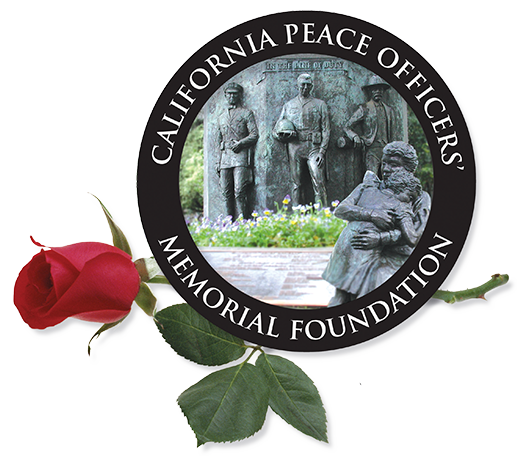Gary Moss had wanted to be a police officer since he used to pedal his kiddy car around the neighborhood, using his best Broderick Crawford voice as he yelled out, “10-4! 10-4!”
Moss realized his ambition a little more than a year ago when he became a motorcycle officer with the Hermosa Beach Police Department. His colleagues said it was all he ever wanted to do.
But 20 minutes before his shift ended in the early morning hours of June 20, death ended his police career.
The 26-year-old Moss and his partner, Paul Wolcott, were chasing two men who were speeding on their motorcycles near the intersection of Aviation Boulevard and Harper Street when a compact car drove into the officers’ path, witnesses told police. Both officers broadsided the car at full speed.
Wolcott, 27, a good friend of Moss who went through training with him, broke both his wrists, his left hand, shattered his right kneecap and separated his pelvis. He is listed in stable condition at Little Company of Mary Hospital in Torrance.
But Moss suffered fatal head injuries in the accident, and was pronounced dead by hospital doctors.
In front of the 1,000 law-enforcement officers from all over the state, Moss’ ashes were cast into the sea by his family in a solemn but graceful memorial service marked by its precision and emotion.
Three police helicopters circled a large boat, led by three smaller boats, as the ashes were dropped into the strong wind and the rocky sea. One of the helicopters, symbolizing the dead man, veered off in the opposite direction after the ashes were cast as the boat returned to port.
The mass of policemen, including officers from Manhattan Beach and Redondo Beach police departments and the California Highway Patrol, silently saluted the boat from a parking lot at Torrance Beach Park. The officers, who had arrived by motorcycle and car, formed a procession that stretched about 2 ½ miles along Catalina Avenue.
Earlier, a photo of a smiling Moss, the picture surrounded by a ;yellow wreath of flowers, looked out at the gathering of family and friends in front of the Hermosa Beach Civic Center as his superiors and friends expressed sorrow at his loss.
Nigel Geoffey Brewster, 23, of Redondo Beach, who was driving the car the officers ran into, was arrested at the scene of the accident by Redondo Beach police and charged with felony drunken driving, officials said. He was released on $2,500 bond pending the filing of drunken driving and manslaughter charges by the Hermosa Beach Police Department.
Moss, a Hermosa Beach resident, was unmarried and had been on the force for 15 months. Friends at the police department described Moss as a very active person, involved in a variety of sports activities.
“Gary was a very good friend of mine – to the point he was like family,” says Sgt. Tony Altfield. “That’s the kind of loss we’re facing here. There’s a pall over the agency. The mood is grief-stricken, with a very real sense of loss.”
Moss is survived by his parents, Mildred and Charles of Long Beach, and two brothers, Charles Jr. of Mission Viejo and Tom of the Long Beach area.
